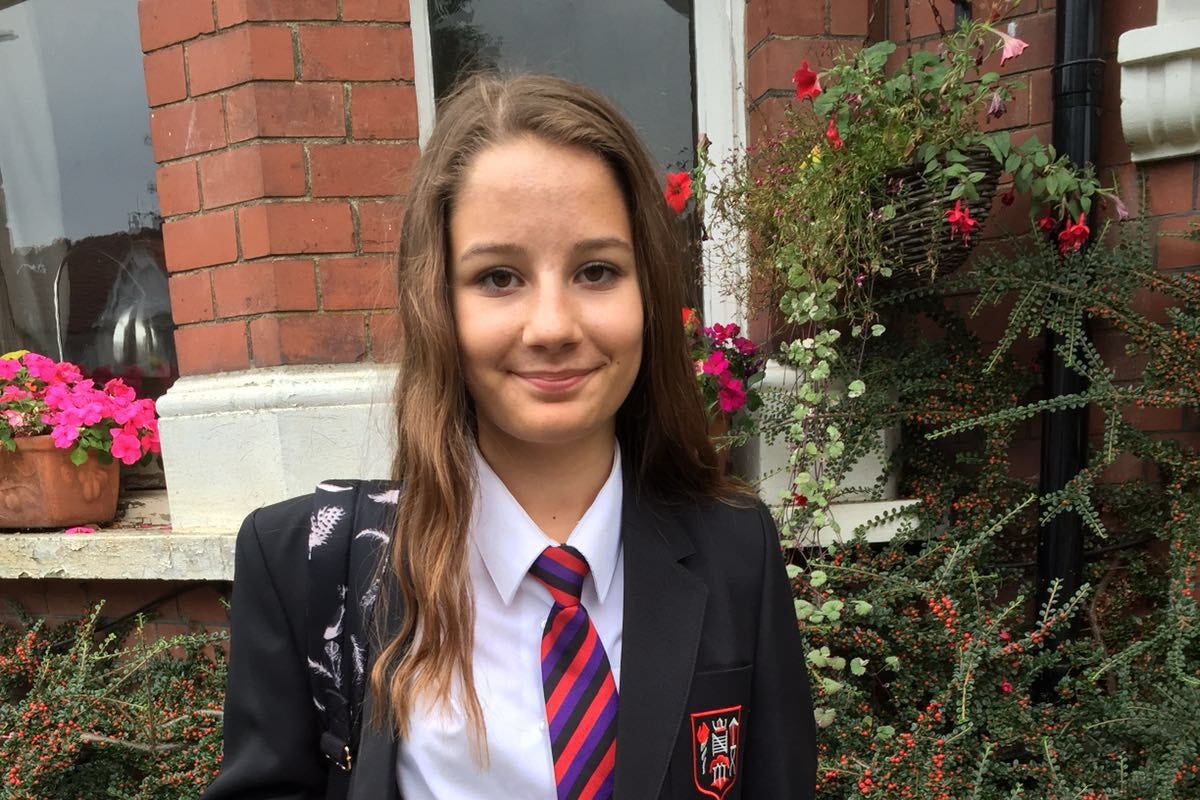Chance to make internet safe must not ‘slip away’, Molly Russell inquest hears
Coroner Andrew Walker said social media had brought a risk to children into their homes.

Your support helps us to tell the story
From reproductive rights to climate change to Big Tech, The Independent is on the ground when the story is developing. Whether it's investigating the financials of Elon Musk's pro-Trump PAC or producing our latest documentary, 'The A Word', which shines a light on the American women fighting for reproductive rights, we know how important it is to parse out the facts from the messaging.
At such a critical moment in US history, we need reporters on the ground. Your donation allows us to keep sending journalists to speak to both sides of the story.
The Independent is trusted by Americans across the entire political spectrum. And unlike many other quality news outlets, we choose not to lock Americans out of our reporting and analysis with paywalls. We believe quality journalism should be available to everyone, paid for by those who can afford it.
Your support makes all the difference.The coroner for Molly Russell’s inquest said the opportunity to make social media safe must not “slip away”, as he voiced concerns about platforms.
On Thursday Andrew Walker told North London Coroner’s Court that social media had brought a risk to children into their homes and that the risk should be “kept away from children completely”.
Molly, from Harrow in north-west London, ended her life in November 2017 aged 14, prompting her family to campaign for better internet safety.
Over the course of her inquest, the court heard how the schoolgirl had viewed, engaged with and been recommended content relating to depression, self-harm and suicide on social media.
Mr Walker said: “It used to be the case that when a child came through the front door of their home it was to a place of safety.
“With the availability of the internet we brought into our homes a source of risk and we did so without appreciating the extent of that risk and if there is one benefit that can come from this inquest it must be to recognise that risk and take action to make sure that the risk that we have so embraced in our homes is kept away from children completely.”
It is children who are the victims
The inquest, the coroner said, had “provided a rare opportunity” to see “the extent to which that risk has invaded all aspects of young people’s lives.”
Mr Walker outlined a range of concerns about platforms, which were: a lack of separation of children and adults on social media; age verification and the type of content available and recommended by algorithms to children; insufficient parental oversight for under 18s.
He told the court he would prepare a report aimed at preventing future deaths after he draws his final conclusions about the teenager’s death.
Representing Meta, Caoilfhionn Gallagher KC said the company “is ready to listen carefully to any concerns” while Pinterest’s lawyer, Andrew O’Connor KC, said the platform was “committed to make improvements in this area”.
The Russell family’s lawyer, Oliver Sanders KC, compared also the “unsafe practices” of the industrial revolution to the “digital revolution”, adding “it is children who are the victims”.
He also requested the coroner gives detailed findings of fact when he makes his conclusion on Friday, because there was a “particularly strong public interest” in the case.
Mr Sanders suggested to the coroner that he find that the material Molly viewed was “manifestly unsafe” and “on the balance of probabilities it caused or contributed to her death”.
He told the court content she viewed included a “litany of self-hate” which was “reflected in her notes almost word for word”, suggesting it “shaped her actions”.
The inquest continues.